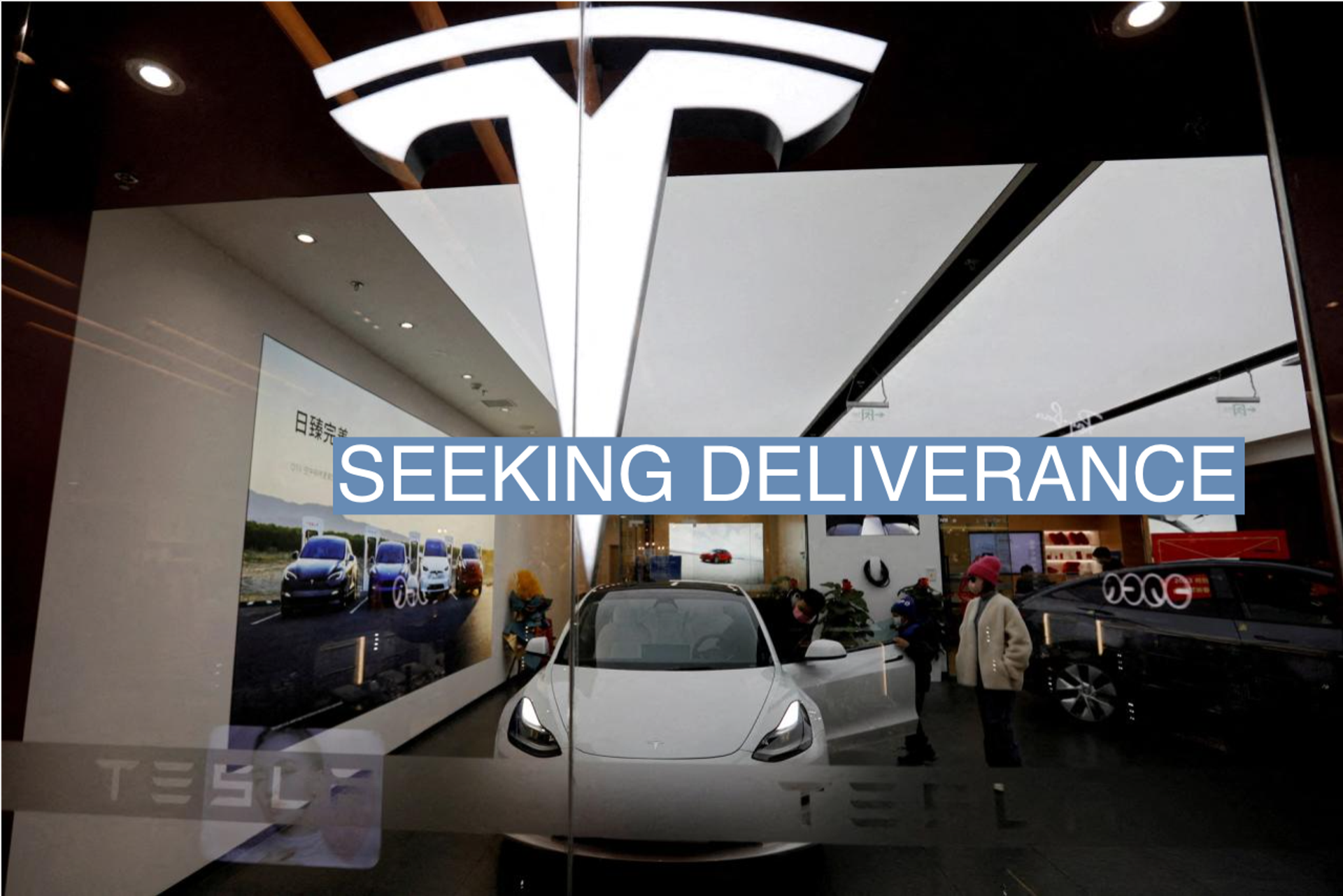The News
Tesla reported 386,810 global deliveries in this year’s first quarter, an 8.5% dip from last year, as the electric vehicle giant struggles in a highly competitive market flooded by Chinese startups. It marked a decline in Tesla’s quarterly deliveries for the first time in nearly four years.
Tesla’s production also declined 1.7% year on year, according to the company’s Q1 report. Investors seemed unnerved by the news, with Tesla’s stock price dropping by about 6.5% on Tuesday.
Once the dominant EV player, the Elon Musk-owned company has been challenged by slowing consumer demand and low prices offered by Chinese competitors. It’s also facing increasing competition from new players like smartphone maker Xiaomi entering the EV arena.
SIGNALS
Tesla succumbs to digital advertising in U.S. as sales dwindle
Tesla has historically relied on word-of-mouth publicity and its founder Elon Musk’s profile to raise brand awareness, but it is gradually turning to more digital advertising in the U.S. as sales and deliveries slow, The Wall Street Journal reported. The company spent an estimated $6.4 million on ads in 2023, compared to $175,000 it spent in 2022, according to an ad tracking company. The majority of ad spending is on YouTube — where Tesla is trying to portray itself as a family-friendly car — The Journal reported, but it has also amped up its social media presence and website ads. In China, meanwhile, the EV giant has been engaged in an advertisement meme war with local competitors.
Xiaomi’s CEO becomes richer by $1 billion after EV launch
Lei Jun, the CEO of Chinese smartphone maker Xiaomi, became $1.3 billion richer on Monday, as more than 80,000 pre-orders were placed for his company’s new EV, according to Forbes’ Real-Time Billionaires List. Xiaomi’s Hong Kong shares surged 16% as initial orders for the company’s first EV exceeded analysts’ expectations. Customers are now being informed that they could be waiting nearly eight months for deliveries, according to Chinese financial news site Yicai. The vehicle’s popularity has ballooned the company valuation to more than $50 billion — comparable to automakers like GM and Ford. Despite entering a highly competitive market, Xiaomi has “deeper pockets” than other Chinese EV startups because of its advanced smartphone and software expertise — features prized by Chinese consumers, Reuters reported.
Price war hampered Apple’s EV ambitions
Apple announced that it was abandoning its own EV ambitions earlier this year. The tech giant’s business model pursues high profit rates, and Apple chose to avoid the global EV price war spurred by a highly saturated market and dwindling consumer demand, according to DigiTimes Asia. Both Xiaomi and Apple reportedly invested $10 billion into their respective EV projects, but Xiaomi had the advantage of China’s mature EV supply chains that allowed it to set competitive prices for its EV, DigiTimes reported.

